Hey! Lets Talk about your project
We’ll contact you within a couple of hours to schedule a meeting to discuss your goals.
The Ultimate E-Commerce Guide: Uses, Applications, and Features
Posted on : 29 July, 2024
E-commerce has completely transformed how we shop, do business, and connect with brands. This digital shift has made physical stores and long lines a thing of the past, offering incredible convenience. From groceries to flights, almost everything is just a few clicks away. In this blog, we'll go through the different applications, use cases, types, and features of e-commerce. Understanding the Application of E-commerce E-commerce or electronic commerce actually means the use of an electronic medium for commercial transactions, but it is commonly used to refer to selling products and services over the Internet to consumers or other businesses.
Look at these facts of e-commerce,
- E-commerce revenue is projected to hit INR 4,416.68 billion by the end of 2024.
- E-commerce users are expected to reach 501.6 million by 2029.
- There are over 26 million eCommerce stores in total.
- The global e-commerce market size is expected to grow exponentially to $8.1 trillion by 2026.
- B2B e-commerce site sales in the USA are forecasted to increase from $1.676 trillion in 2022 to $2.472 trillion by 2026.
- There are expected to be 283 million online shoppers in the U.S. in 2024.
According to another definition, e-commerce refers to the sharing of business information, maintenance of business relationships and conducting business transactions with the help of computers that are connected to a telecommunication network, and without the use of paper documents.
We can classify e-commerce by application into:
- Electronic markets: Here the buyer is presented with a range of products and services available in a market so that they can compare prices and make the purchase.
- Electronic Data Interchange: This is a standardized system where computers communicate with one another without printed documents like order forms or invoices; it eliminates delays and errors otherwise seen when paper handling is involved.
- Internet Commerce: The one we are most familiar with; the medium used to advertise, and sell innumerable products and services; the purchased goods are then shipped to the buyer.
Types of E-commerce
E-commerce is used in various business fields; the major categories of e-commerce are:
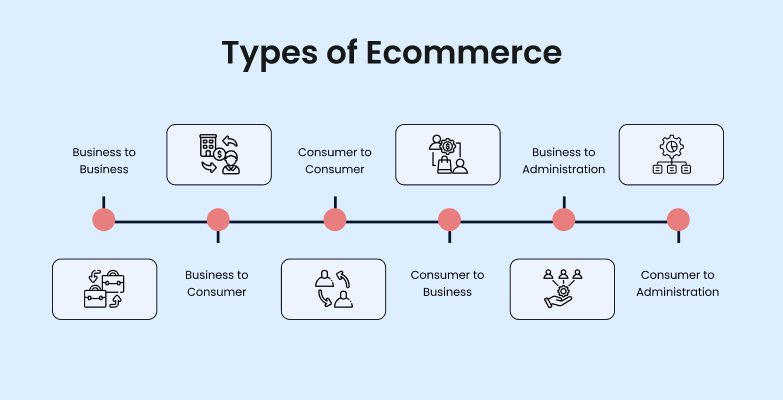
Business-to-Business (B2B)
B2B is e-commerce representing the electronic exchange of products, services, and information between businesses.
It is expected that the B2B e-commerce market will reach $1.1 trillion in the U.S. in the upcoming years. Some of the B2B e-commerce applications are product and supply exchange websites, and online directories, that feature an option to search for particular products and services and thus initiate payment transactions within.
- This type involves larger quantities and higher values.
- Mainly focuses on supply chain management, wholesale distribution, and business services.
- Get long-term relationships and frequent purchases.
B2B (Business to Business) examples,
- And more
Business-to-Consumer (B2C)
B2C is the retail part of e-commerce where businesses sell products, services, and information directly to their customers online. B2C was introduced in the late 90s which revolutionized the retail system from then. Now the B2C market comprises all sorts of consumer goods including many virtual stores and online shopping platforms where Amazon or Flipkart lead the markets with domination and valuable customers.
- It will directly target the end consumer.
- Lower transaction values but higher volumes.
- Highlights user experience, marketing, and customer service.
B2C (Business to Consumer) examples,
- And more
Consumer-to-Consumer (C2C)
It is a type of e-commerce where consumers can trade their products or services with each other online. The transactions are carried out through third-party online platforms. C2C e-commerce consists of classified advertisements and online auctions like the popular eBay and Craigslist. These types of businesses are also known as C2B2C or consumer-to-business-to-consumer.
- Enables direct transactions between individuals.
- Depends on trust and reputation systems within the platform.
C2C (Consumer to Consumer) examples,
- And more
Consumer-to-Business (C2B)
C2B is a type of e-commerce in which the consumer builds their products and services, making them available online for businesses to bid on and purchase. The most popular example of a C2B platform is an online market that sells everything for free like the iStock and Job Board. C2B e-commerce is, moreover, said to be the opposite of traditional commerce in the B2C model.
- Businesses benefit from various collections of talent and resources.
- Common in freelancing, crowdsourcing, and stock media sales.
C2B (Consumer to Business) examples,
- And more
Business-to-Administration (B2A)
This kind of e-commerce platform enables online payment transactions between companies and administration or government bodies. Many government authorities depend on e-services or products directly or indirectly. Businesses offer a supply of e documents, registers, security, etc electronically which has seen tremendous growth in recent years.
- Deals with government and public sector services.
- Involves large-scale contracts and compliance with regulations.
B2A (Business to Administration) examples,
- And more
Consumer-to-Administration (C2A)
C2A e-commerce refers to transactions conducted between individual customers and public administration or government authorities. Unlike government authorities, consumers make use of e-commerce and methods to make transactions for various industries including educational, health, and retail industries.
- Facilitates public service delivery and citizen engagement.
- Common in tax filing, permit applications, and healthcare services.
- Improves accessibility and convenience for citizens.
C2A (Consumer to Administration) examples,
- And more
The proliferation of e-commerce today is extremely high, leading to a significant increase in the demand for E-commerce Website Development Services.
Common Uses of E-commerce
E-commerce simplifies our daily lives and offers many benefits, such as quicker and more convenient buying and selling of goods and services. Check out these benefits of e-commerce:
Convenience
E-commerce is very convenient for all of us because it allows us to access whatever products we need at the speed that we need. These platforms allow shoppers to browse, compare, and purchase products from the comfort of their homes, eliminating the need to visit physical stores. This full-time availability means that consumers can purchase at any time that suits them.
Wholesale and Distribution
Businesses can purchase products in bulk from suppliers through B2B (business-to-business) e-commerce platforms. This simplifies the procurement procedure, reduces expenses, and improves inventory management. Amazon Business is an example of a platform facilitating wholesale transactions and distribution on a global scale.
Direct Contact with Customers
E-commerce helps you in direct contact with customers which helps you in setting up a better relationship with them. Businesses can get valuable data on consumer behavior, preferences, and feedback that helps in their marketing strategies. Also helps in engaging with customers through various points like social media updates, and offers and encourages repeat business.
Low Operating Costs
Another use of e-commerce is that it helps in cutting off your operating costs. E-commerce comes full of automation that comes with order processing, payment handling, and staffing costs, these all can help you in your business costs. The scalability of e-commerce platforms ensures lower costs per transaction as the business grows, while global reach expands the customer base without the need for physical international locations.
Most Common Applications Of E-Commerce
Retail and Wholesale
E-commerce has numerous applications in this sector. E-retailing is basically a B2C, and in some cases, a B2B sale of goods and services through online stores designed using virtual shopping carts and electronic catalogs. A subset of retail e-commerce is m-commerce, or mobile commerce, wherein a consumer purchases goods and services using their mobile device through the mobile optimized site of the retailer. These retailers use the E-payment method: they accept payment through credit or debit cards, online wallets or Internet banking, without printing paper invoices or receipts.
Online Marketing
This refers to the gathering of data about consumer behaviors, preferences, needs, buying patterns and so on. It helps marketing activities like fixing prices, negotiating, enhancing product features, and building strong customer relationships as this data can be leveraged to provide customers with a tailored and enhanced purchase experience.
Finance
Banks and other financial institutions are using e-commerce to a significant extent. Customers can check account balances, transfer money to other accounts held by them or others, pay bills through internet banking, pay insurance premiums, and so on. Individuals can also carry out trading in stocks online, and get information about stocks to trade in from websites that display news, charts, performance reports and analyst ratings of companies.
Manufacturing
Supply chain operations also use e-commerce; usually, a few companies form a group and create an electronic exchange and facilitate the purchase and sale of goods, exchange of market information, back office information like inventory control, and so on. This enables the smooth flow of raw materials and finished products among the member companies and also with other businesses.
Online Booking
This is something almost every one of us has done at some time – book hotels, holidays, airline tickets, travel insurance, etc. These bookings and reservations are made possible through an internet booking engine or IBE. It is used the maximum by aviation, tour operations and the hotel industry.
Online Publishing
This refers to the digital publication of books, magazines, catalogues, and developing digital libraries.
Digital Advertising
Online advertising uses the internet to deliver promotional material to consumers; it involves a publisher and an advertiser. The advertiser provides the ads, and the publisher integrates ads into online content. Often there are creative agencies which create the ad and even help in the placement. Different types of ads include banner ads, social media ads, search engine marketing, retargeting, pop-up ads, and so on.
Auctions
Online auctions bring together numerous people from various geographical locations and enable the trading of items at negotiated prices, implemented with e-commerce technologies. It enables more people to participate in auctions. Another example of the auction is bidding for seats on an airline website – window seats, and those at the front with more legroom generally get sold at a premium, depending on how much a flyer is willing to pay.
E-commerce is all around us today, and as an entrepreneur, you should also get into this realm if you want to expand your markets, get more customers and increase your profitability.
Strategy Behind The E-commerce Market
The e-commerce market depends on mainly 3 dominant elements:
- Market Requirements
- Target Customer Market
- Frequent Trends in the Industry
How can you improve your marketing strategy for e-commerce websites? Everything you do affects the promotion of your particular online business. Doing it following a strict pattern would make wonders on your business website.
- Analysis
Analyze the statistics and current trends in the business in the niche. Gathering as much as possible data regarding a particular industry, the product makes much difference. It should be more specific to the point of making perfect decisions.
- Understanding Consumer Data
Setting demography always betters the business. Find out the geography, economy, and particulars of potential customers. Frequently keep a check and maintain a data record on consumer surveys, consumer reports, and social media audiences.
- Research
Research is the best way to improve business. There are a lot of competitors and a slight fall indicates serious weakness in the market. Research about the competitors, regarding their dominance, their strengths, and weaknesses, their business goals, insights, etc.
E-Commerce Research And Analytic Applications
Analytics plays a vital role in the development of e-commerce which decides everything from optimizing the CTA to the traffic on the website. Analytic tools differ with their accessibility, price, complexity, etc. There are various e-commerce tools available that depict your data the way you want it to look and help you get more customers independent of organic traffic, social media, or email marketing.
Why do you need to research your eCommerce market? It isn’t that complicated to sort out online marketing. In the end, it’s all about finding your customer requirements. E-commerce market research is just gathering information to analyze what your potential customer exactly needs. Concerning analytics, research gives an idea of the quantitative and qualitative notions behind why people buy a particular product or service. Here we list out some popular E-Commerce Analytical Applications.
Analytical Tools
- Google Analytics
One of the best and free analytic tools for e-commerce business marketing and who refuses to use a Google product! Whatever the product is, you need to increase the e-commerce conversion rate. It is more powerful and preferred than any other analytic tool as it allows you to track your website traffic at every stage. So that you can point out weaknesses if any that lead to friction.
Features:
- Optimization
- Data studio
- Tag manager
- Effective surveys
- Search Ads 360
- Display video 360
At the end of the day, Google Analytics could inform you about how many visitors arrive at your website daily, at what location, and through which device. Also, Google Analytics allows you to examine:
- Your customers LTV
- The performance of individual products in the market
- The point from where traffic is driven(device)
- The page that attracts the most visitors
- The page having the most bounce
- About how the visitors are transforming
- Kissmetrics
This is an ideal analytic tool that enables brands to remarket into a large audience focusing on individual visitors rather than in general traffic. Kissmetrics is intended for large scale marketers wanting more advanced and deep reports. It allows you to know the count of visitors, about how many times a specific visitor checked in and how frequently they landed on a product page, etc.
Features:
- User Insight management
- Engagement management
- Intelligent Campaign
- Integrated with Instagram, Facebook, Shopify, WooCommerce, etc.
Kissmetrics helps you determine the marketing channels with the highest ROI and about the campaigns working. It allows you to activate notifications like popups and lightboxes to persuade visitors. Kissmetrics is customizable and you can segment them to preview the trigger appearance. Services of Kissmetrics include:
- Improves the conversion rate
- Analyze potential audience
- Drives traffic
- Automates email chain
Conclusion
If you're considering setting up an eCommerce platform for your business, IPIX is the ideal partner. As a leading provider of eCommerce app development, we specialize in preparing tailored solutions to meet your needs. Our strategic eCommerce website development services ensure an engaging online shopping experience for your customers.



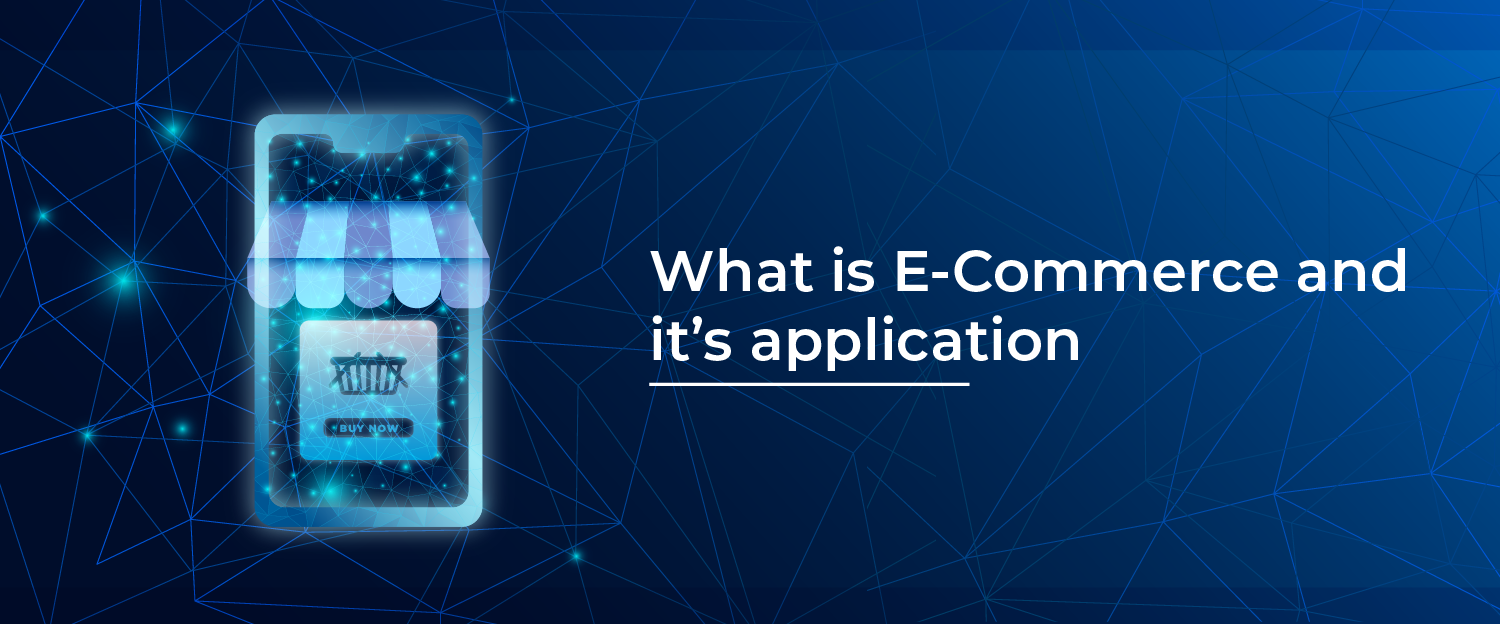
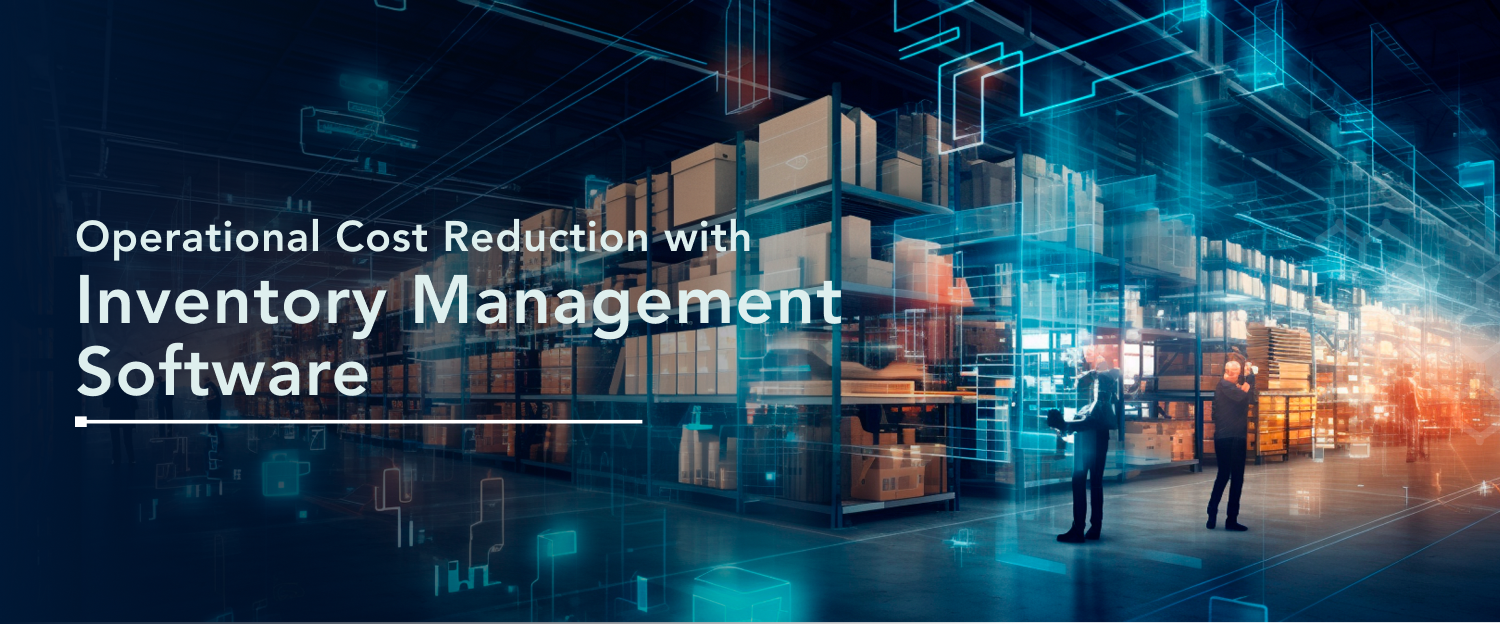
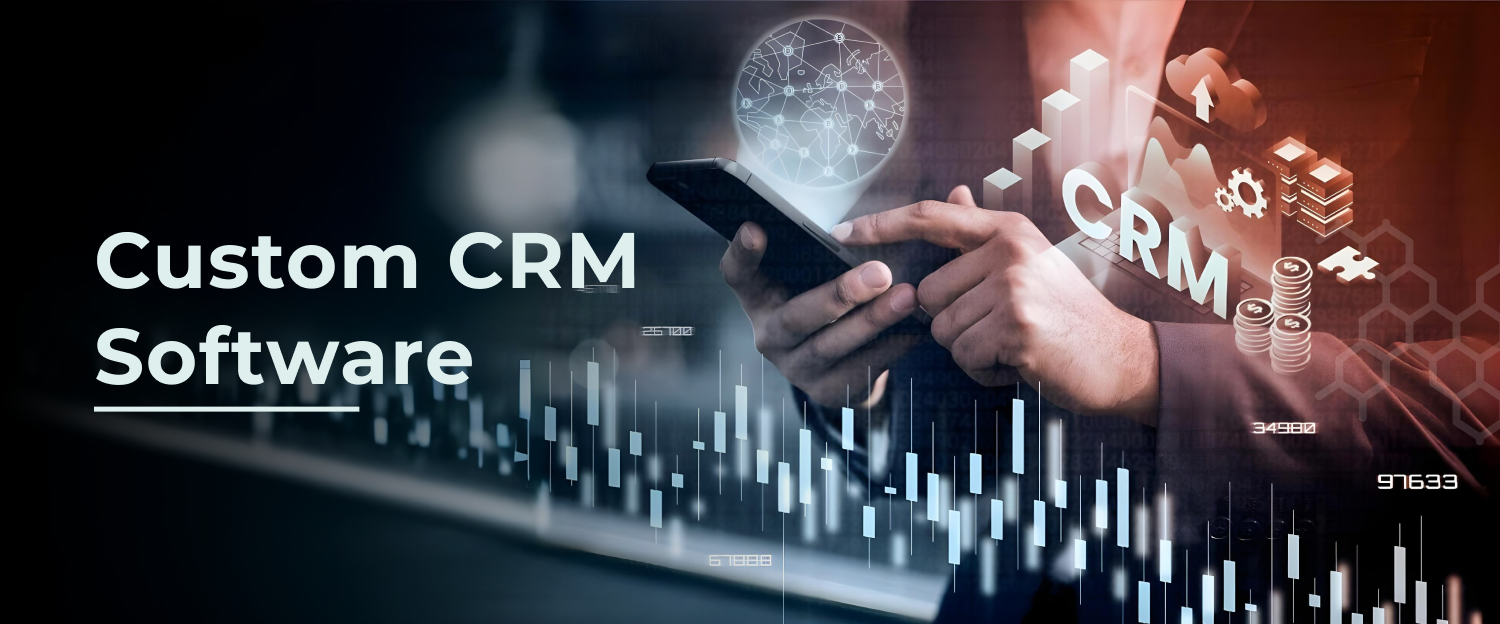

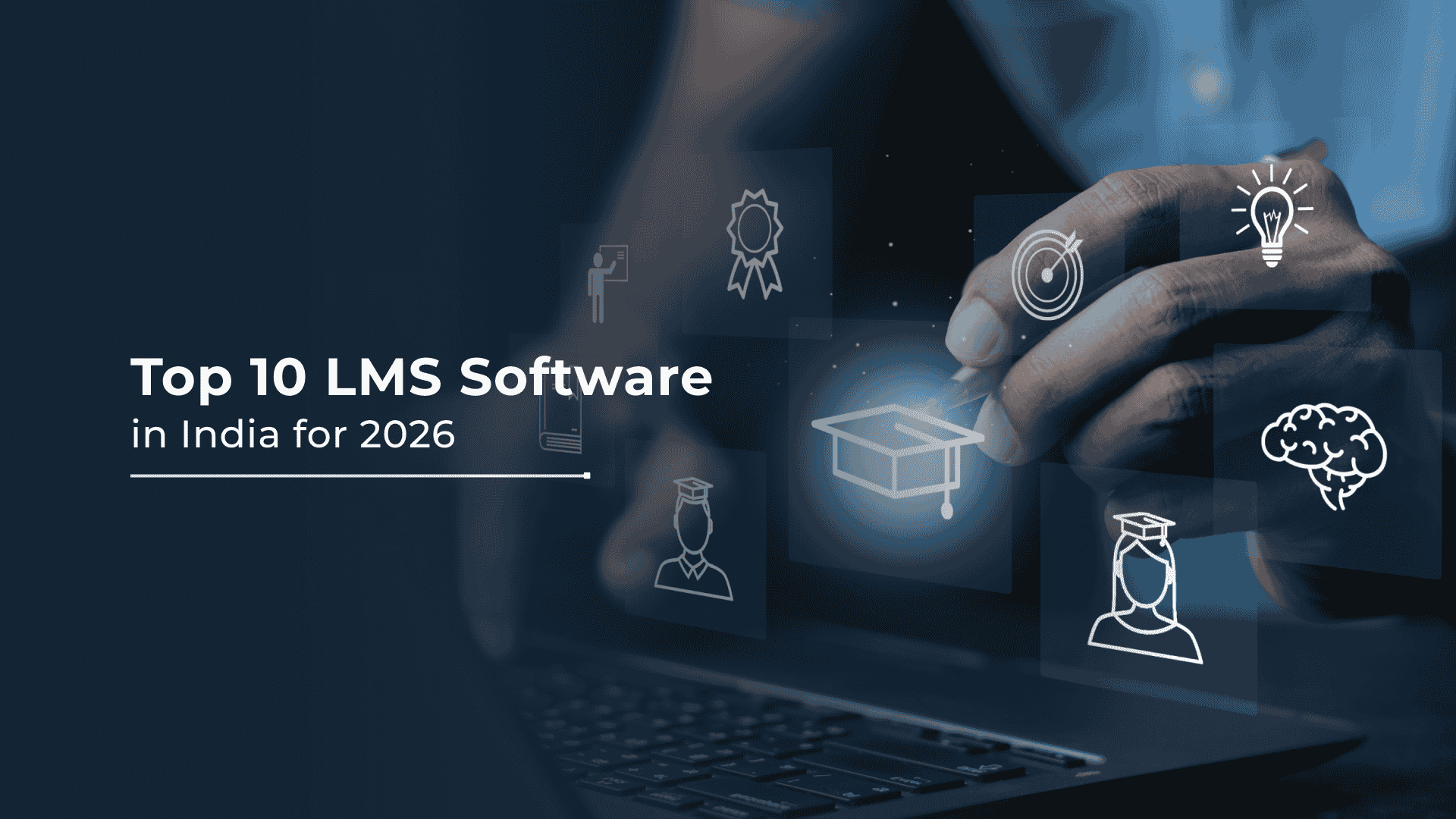
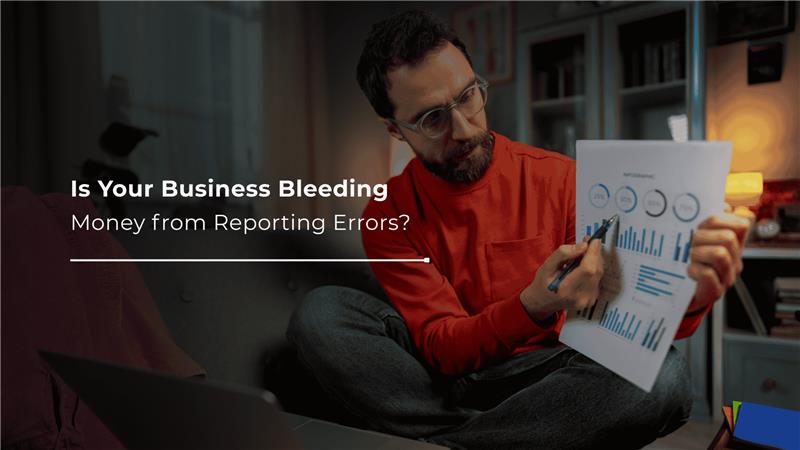

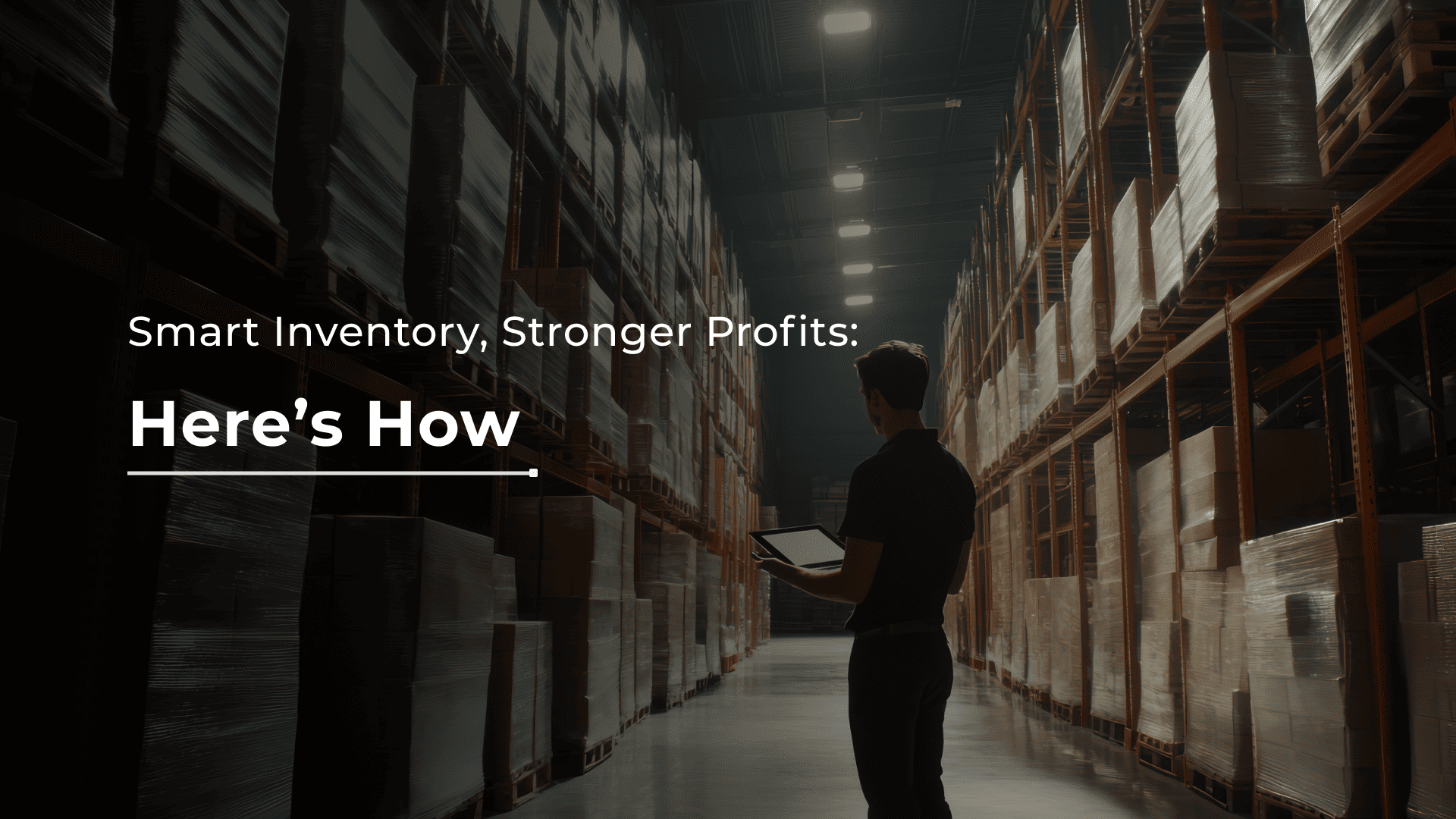

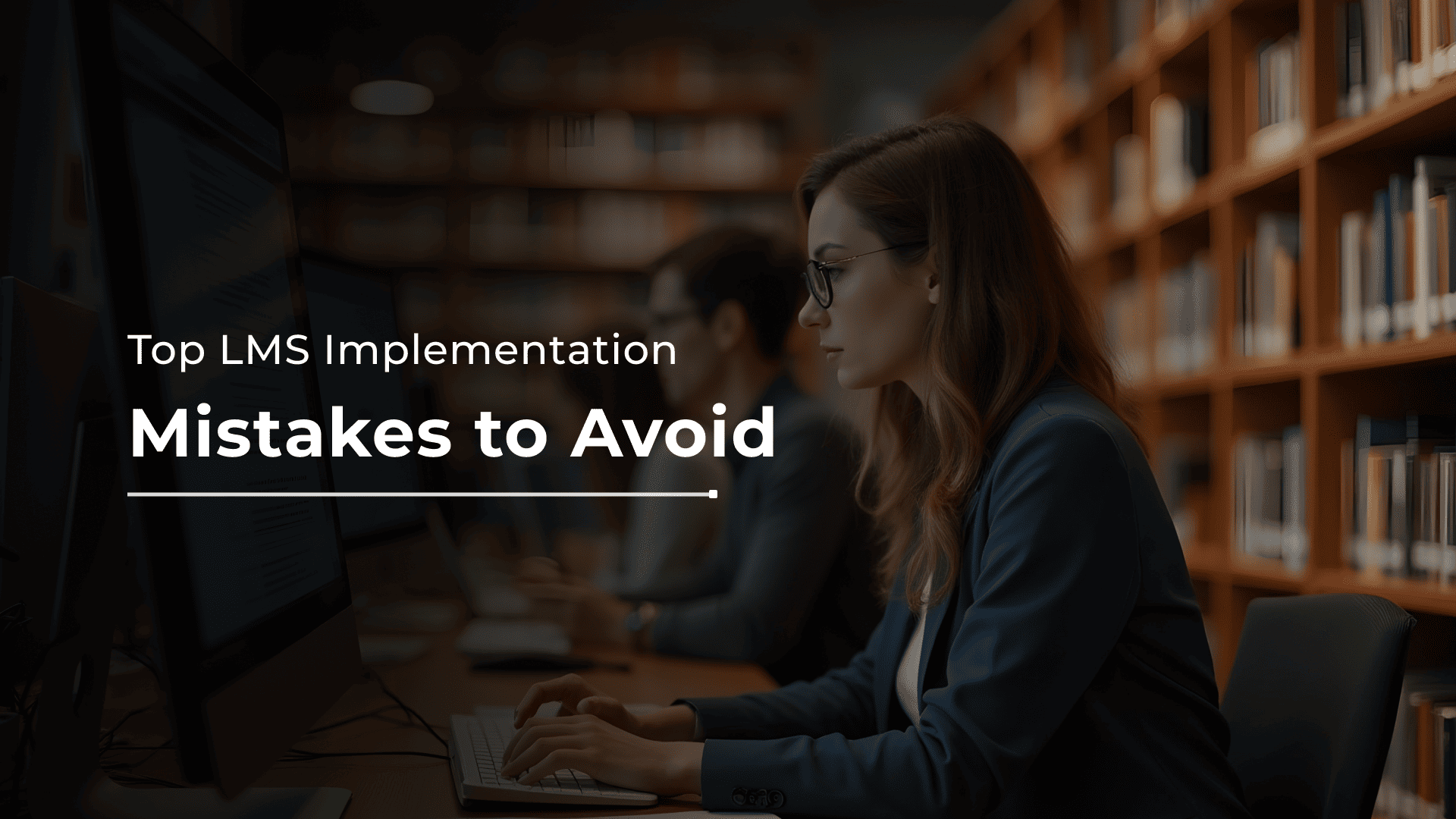

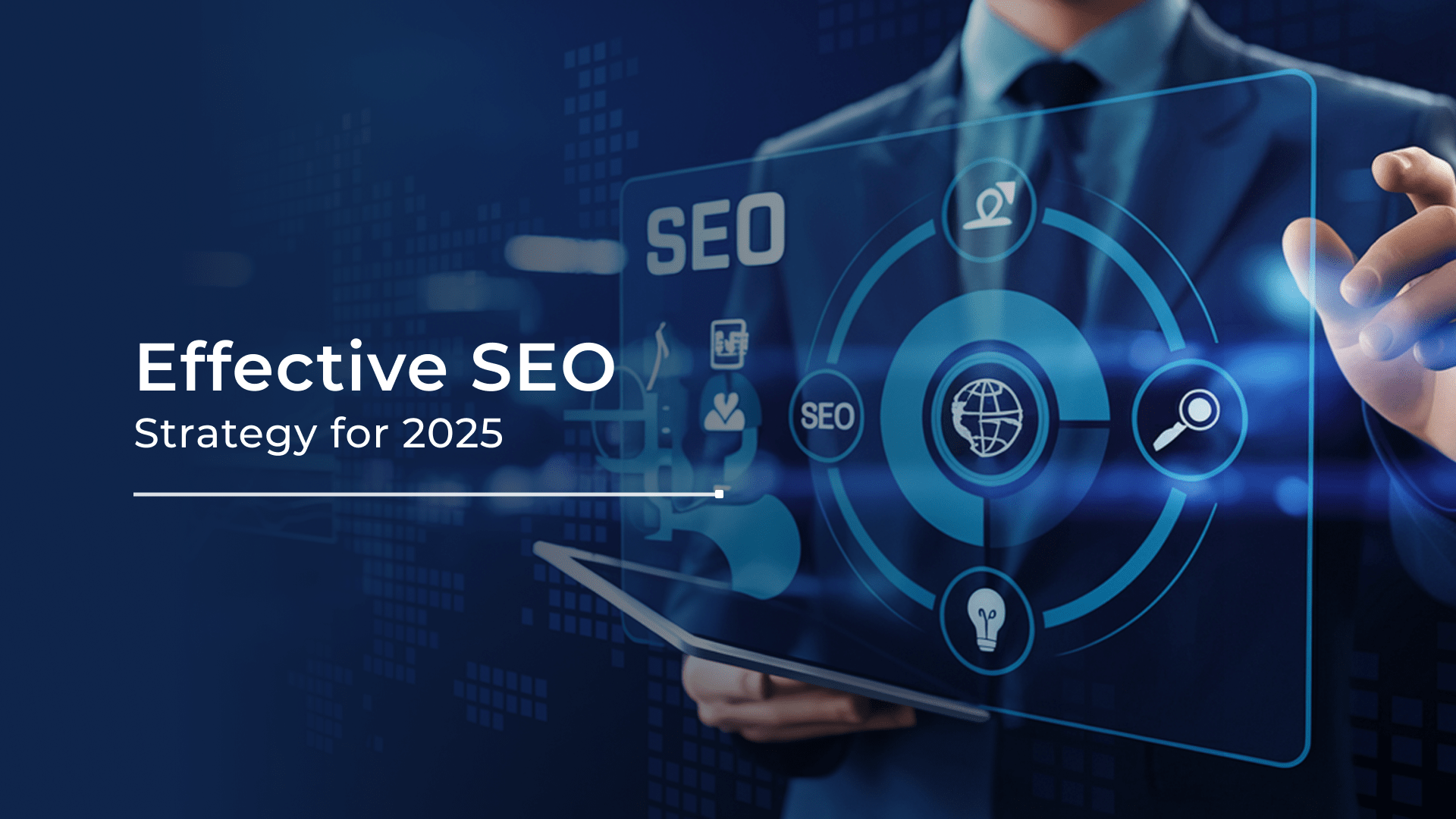

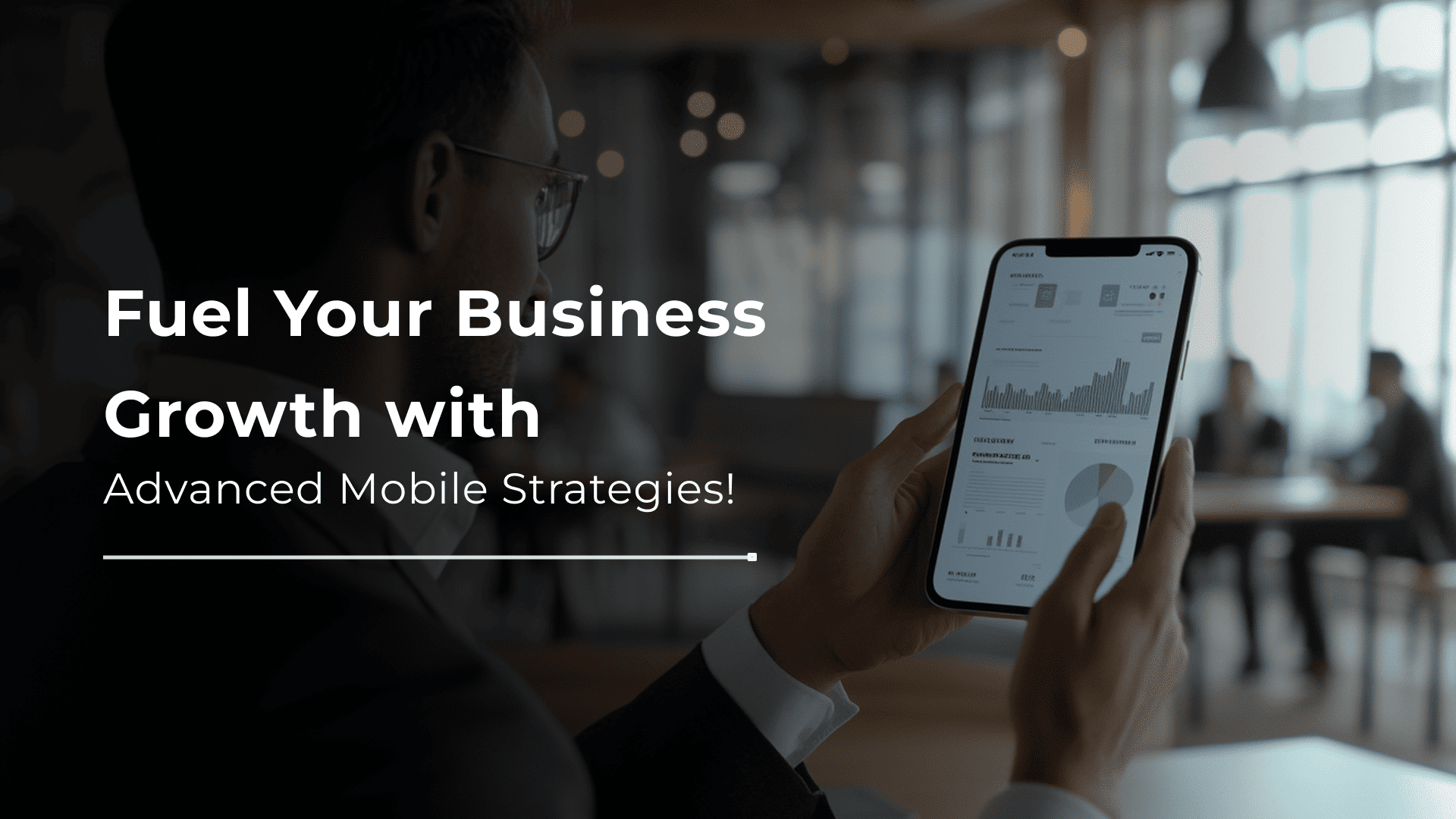








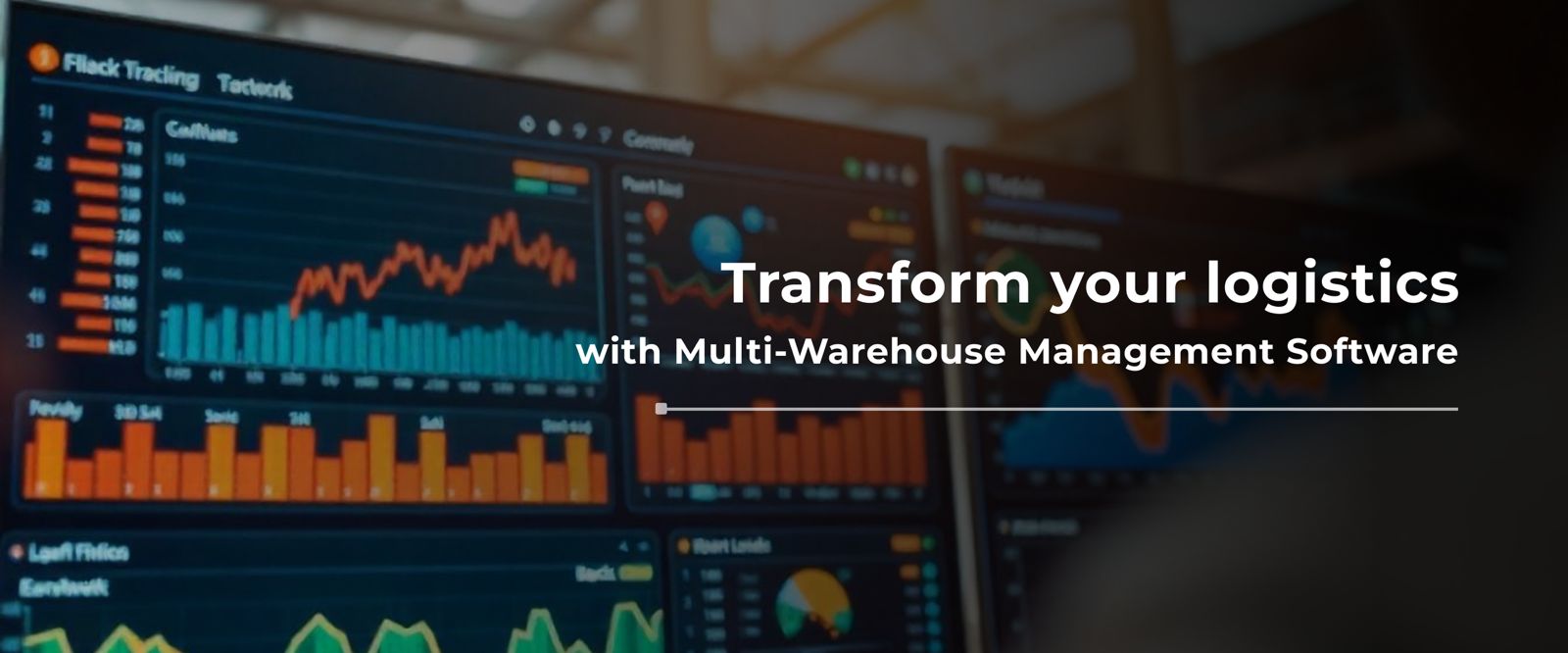






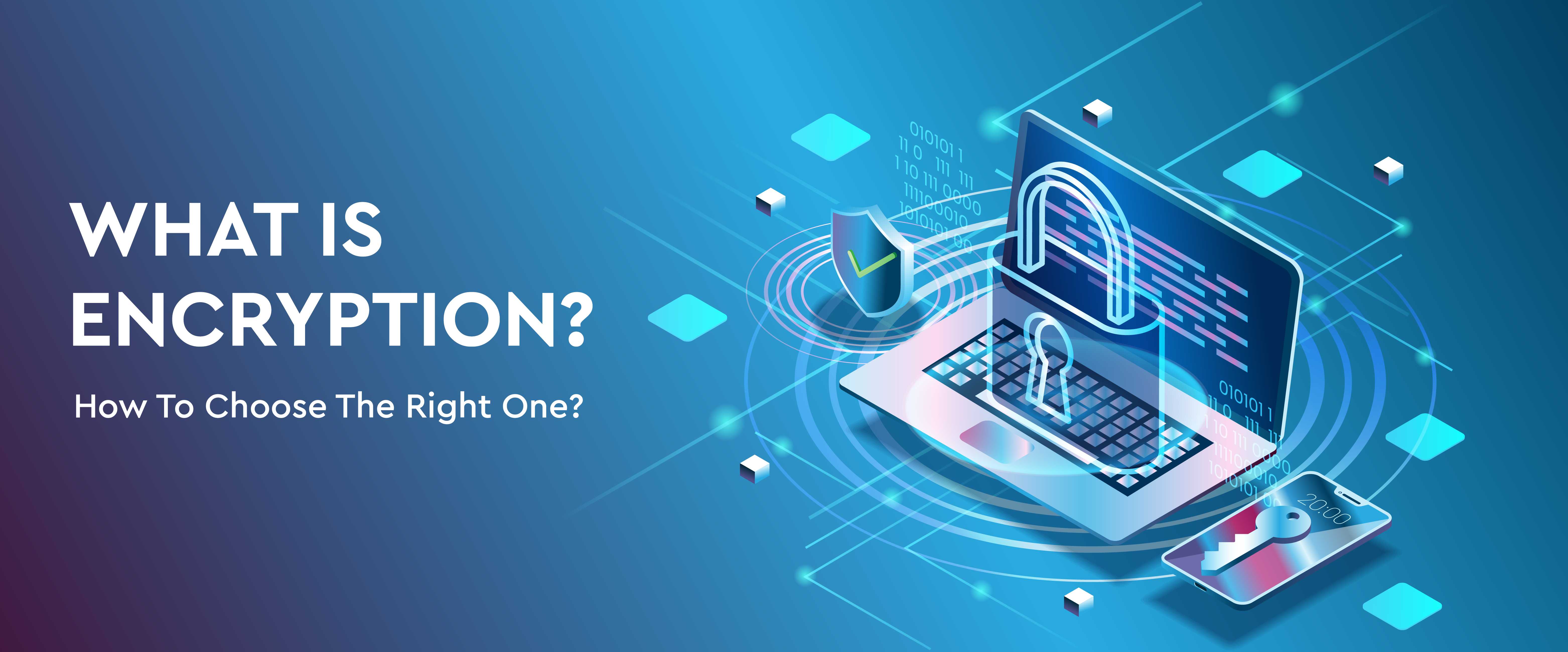
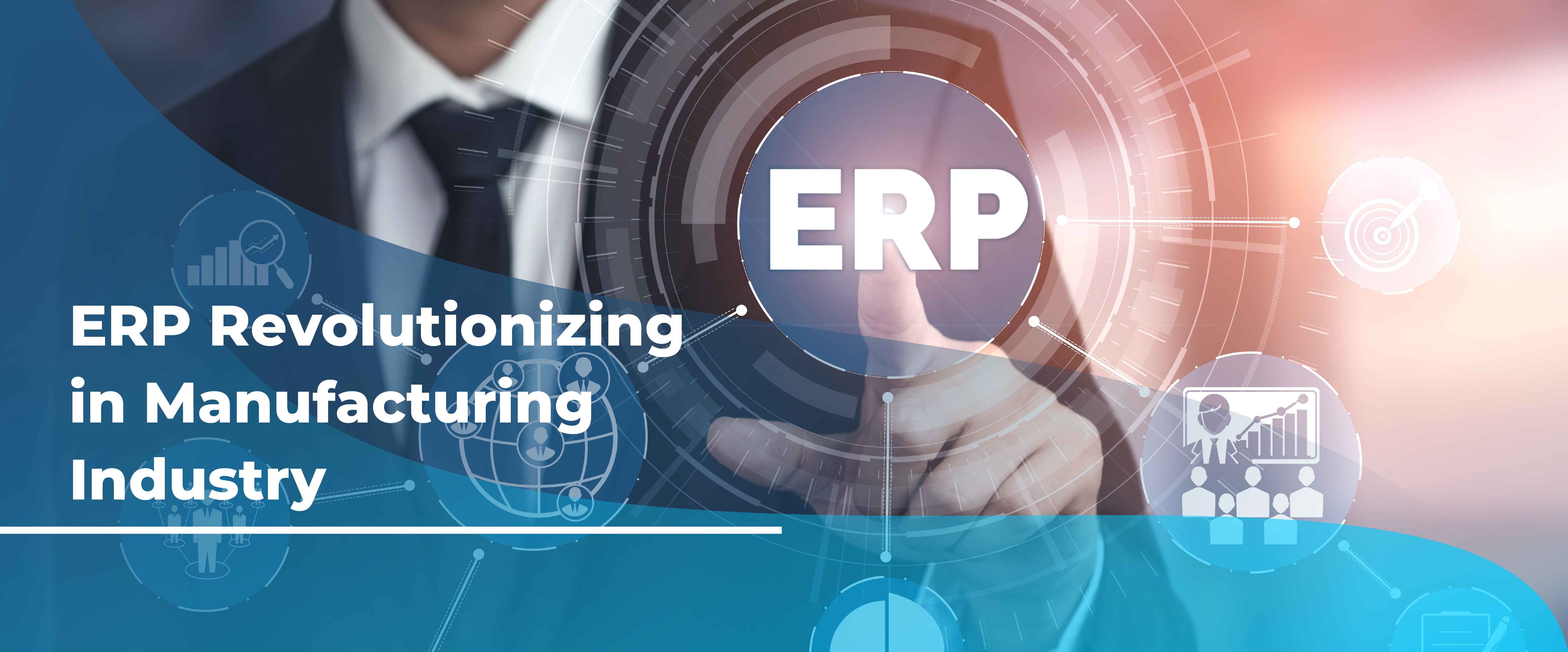
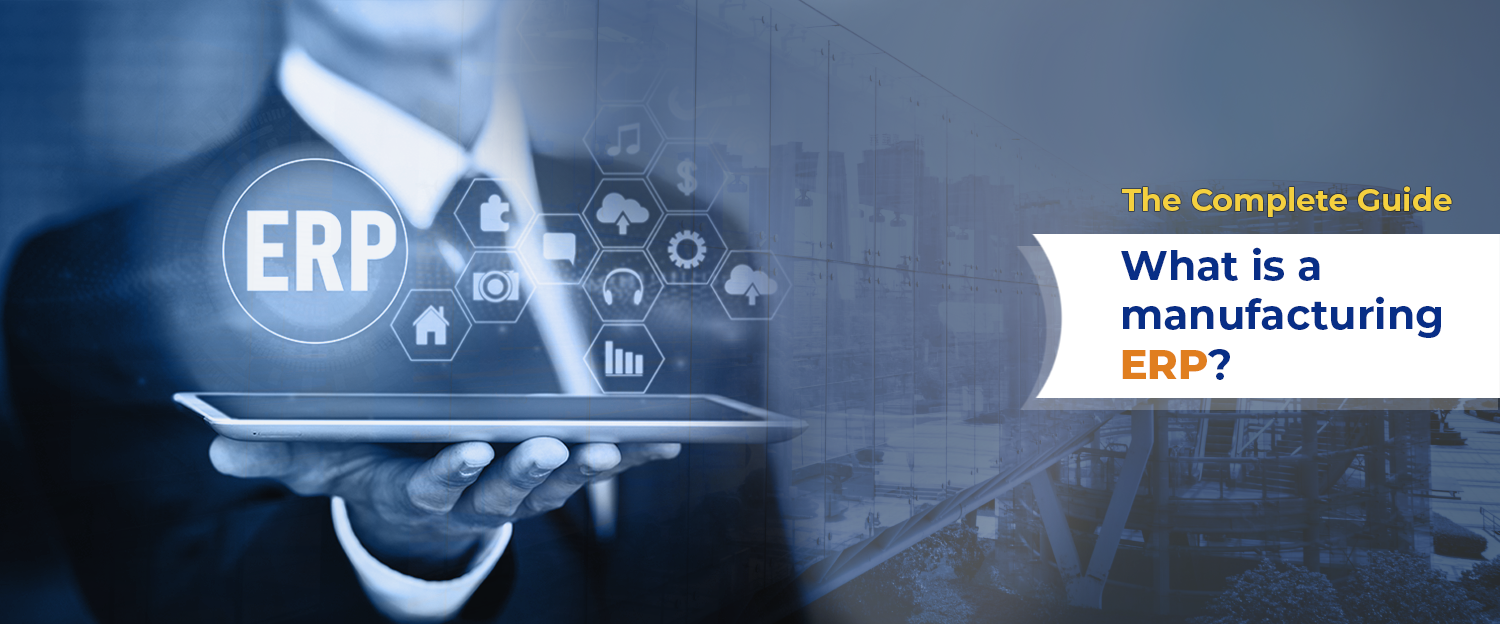
 Talk to our Expert
Talk to our Expert
